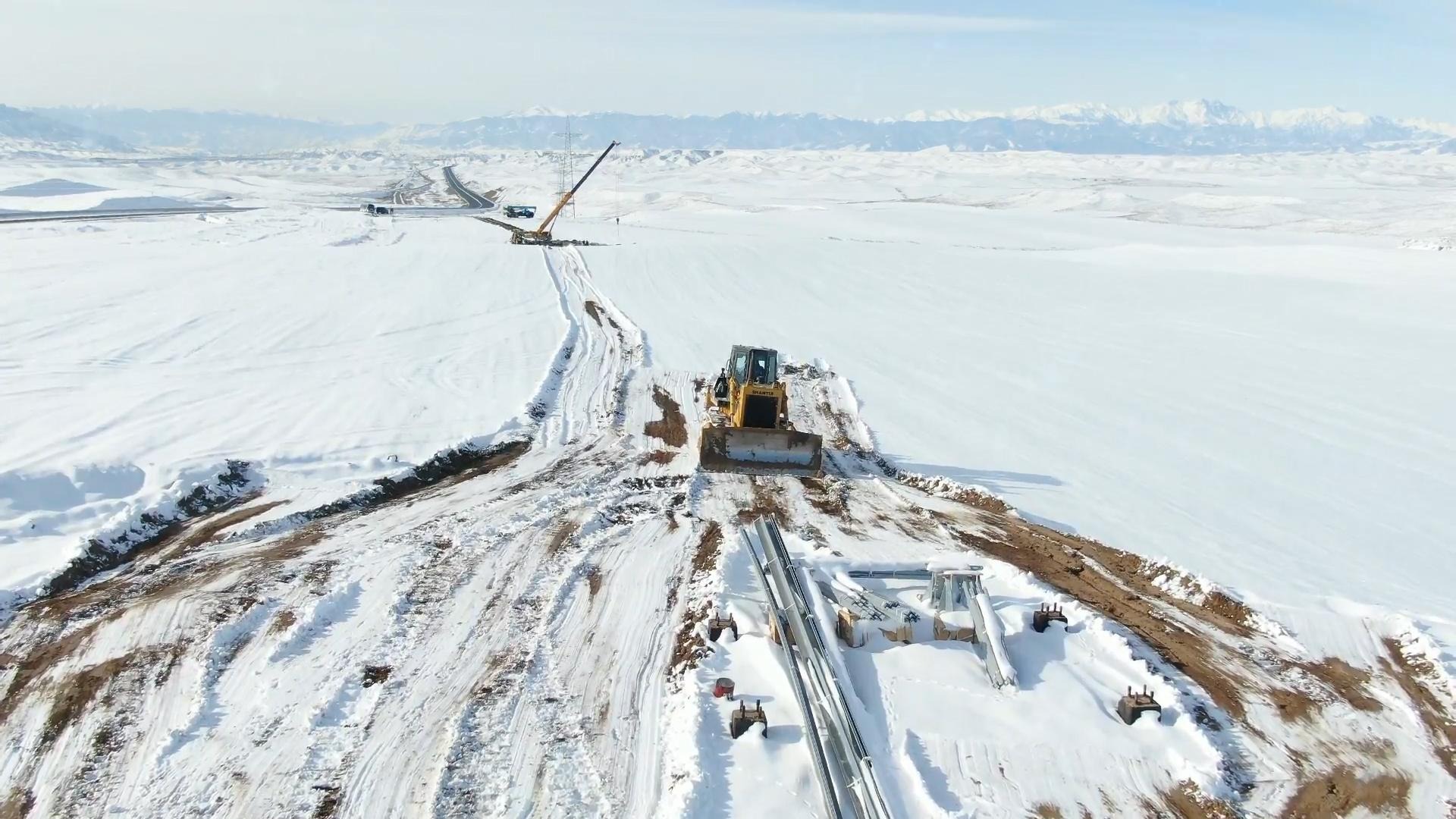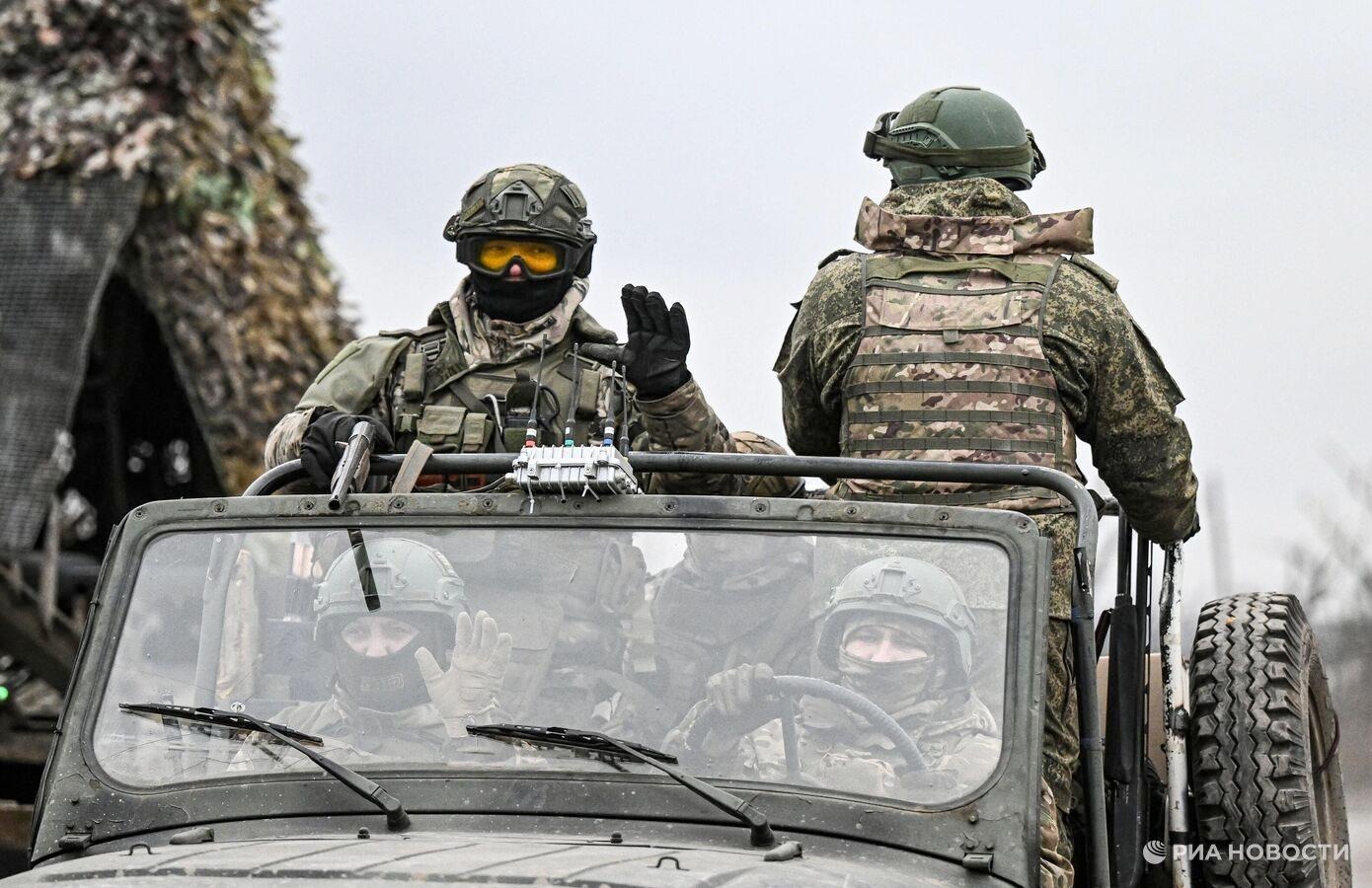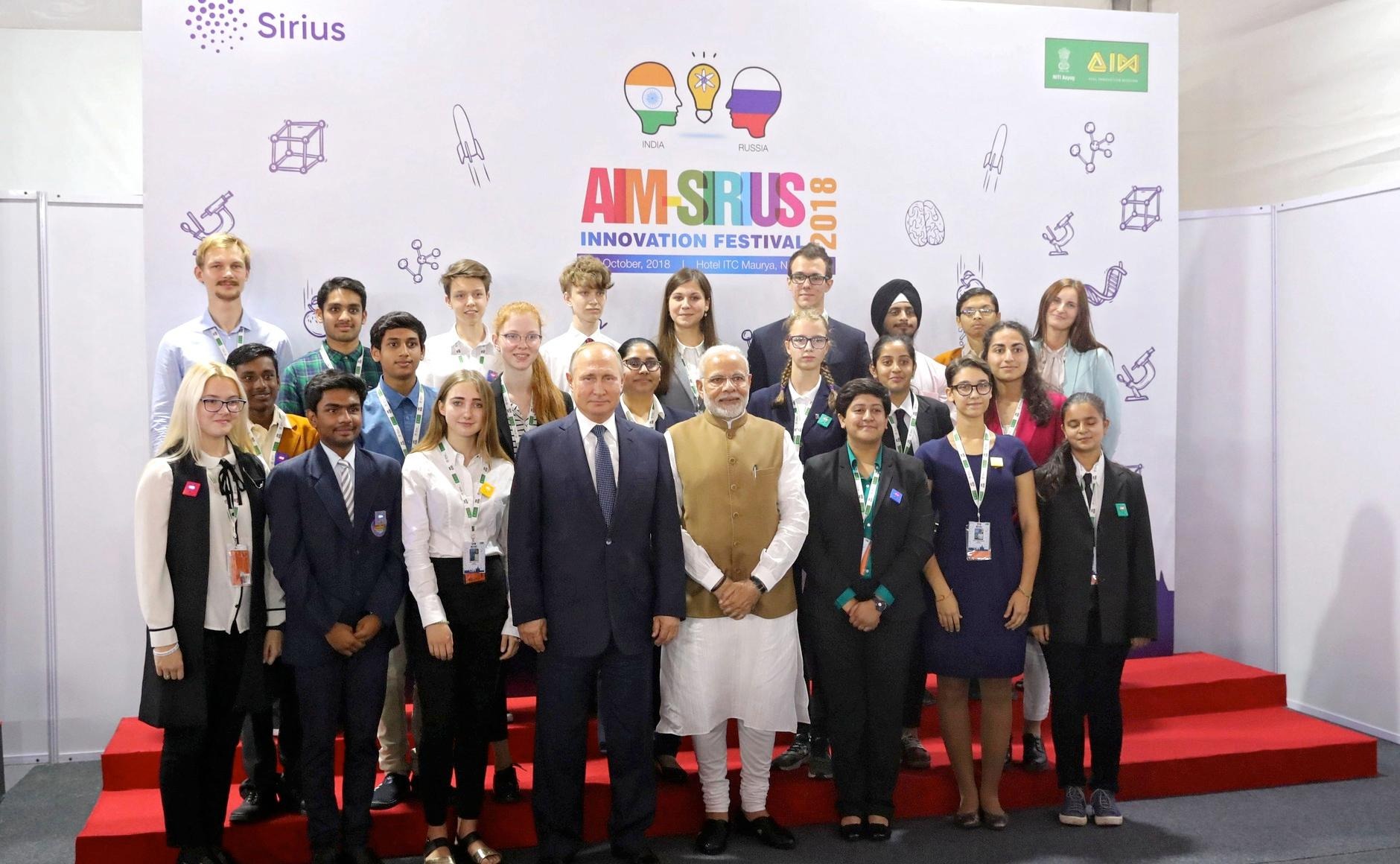Putin’s New Course: Maximizing Control And Sacrificing Efficiency
Putin’s New Course: Maximizing Control And Sacrificing Efficiency
This week Moscow issued two landmark announcements. On Monday (September 13), President Vladimir Putin unveiled a radical restructuring of the political system that greatly increases executive authority. One day later, Gazprom’s takeover of Rosneft was officially endorsed (see EDM, September 15). Many analysts detected a distinct air of urgency about both events, as if the Kremlin were rushing to exploit the window of opportunity created by the Beslan tragedy in order to push through long-discussed, but still problematic, measures (Izvestiya, September 14; Kommersant, PolitcomRu, September 15). Only a few ultra-patriotic commentators interpreted these steps as logically arising from the newly announced war on against terrorists (Odnako, TV-1, September 14), while the majority of experts see only the urge to expand and reinforce Putin’s “executive vertical” that dominates Russia’s political landscape, but succumbs to paralysis in every crisis situation (Moscow Echo, September 15).
The political context of the Gazprom-Rosneft merger is worth a closer look. There is certainly a clear economic rationale for this deal: Gazprom would be able to consolidate its activities in the oil sector and Rosneft (reconstituted as Gazprom’s subsidiary) would gain access to solid financial reserves (GazetaRu.com, September 14; PolitRu.com, September 16). It also opens the way to a normalization of the over-regulated trade in Gazprom shares (the often-used term “liberalization” is highly misleading here), since the state is now assured of the reliability of its control (Kommersant, September 15). The expected rush of foreign investors might partly compensate for the embarrassing capital flight (estimated at $17 billion for 2004), instead of an anticipated net inflow (GazetaRu.com, September 15).
This deal also gives more credibility to Putin’s promise to increase Russia’s oil deliveries to Europe, which was solemnly given at the recent summit with Jacques Chirac and Gerhard Schroeder (see EDM, September 1). What could make this promise into an executive order is Gazprom’s acquisition of key assets still owned by Yukos, as this unfortunate company is mercilessly driven into collapse. Evgeny Yasin, the sensei of Russian economists, has identified the desire to “swallow” the profit-making bits of Yukos as the main incentive for adding a muscular “oil arm” to Gazprom (Newsru.com, September 14).
This newly established super-giant might look very impressive in the list of international energy “majors,” but it would certainly be a company very different from the vision of a dynamic and transparent Yukos that Mikhail Khodorkovsky had cherished before his arrest. Even such respectable operators on the Russian market as TNK-BP have already experienced how heavy Gazprom’s hand could be when this state-backed competitor wanted to get access to, for example, the Kovyktinskoe oil and gas field (GazetaRu.com, September 15). Brutal as this behemoth might be, it still lags far behind Yukos in terms of managerial efficiency, and the more its symbiosis with the state grows into mutual parasitism, the less incentive it will have for internal reforms and modernization.
In reality the newly enlarged Gazprom is owned not so much by the Russian state as by Putin’s inner circle, men such as Igor Sechin and Dmitry Medvedev, who have been designated to chair the boards of Rosneft and Gazprom (Financial Times, September 15). In addition to paying taxes into the state budget, this energy monster could direct more funds to the media and channel a steady cash flow directly to the Kremlin administration. The hyper-centralized system of power requires a large amount of “grease” to turn its bureaucratic wheels, hence the permanent need for soft money. As long as world oil prices remain at the present level (which does not any longer appear as sky-high), Russia’s enormous state machinery will continue to function, albeit with declining efficiency. Putin’s “new course” involves a shift of official priorities towards counter-terrorism and security, which would allow the government to discontinue the dry debates about “doubling GDP” and concentrate on the far more exciting task of redistributing the profits from energy exports.
The design of this system of power is so perfect that no political challenge could possibly emerge to put pressure on any of its elements. This perfection denies it any incentive for further development; it becomes static and non-responsive to the signals from outside the tightly controlled political arena (Moskovskie novosti, September 10). Only a massive crisis could shake this system and create a space for new political forces driven by the desire to break the deadlock with modernization. The irony of the “new course” — apparently lost on Putin — is that further expansion of his self-sufficient hierarchy, with its proven inability to work under stress, all but guarantees that such a crisis will indeed strike.


